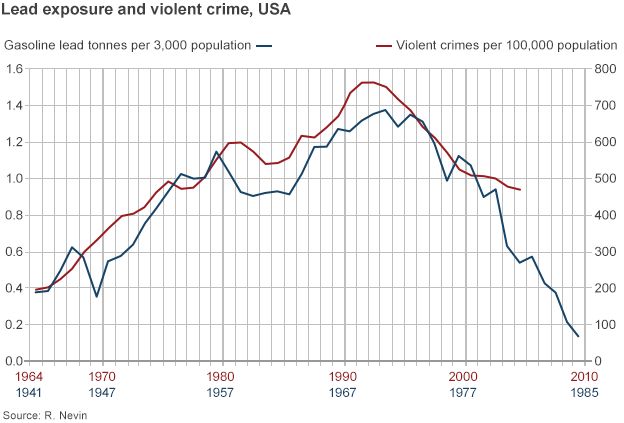- Joined
- 26 Aug 2016
- Messages
- 6,830
- Reaction score
- 1,009
- Country

https://www.theguardian.com/politic...all-diesel-and-petrol-cars-and-vans-from-2040
The quote is the time scale is long enough to be taken seriously. But I know people here are sceptical the electricity networks will choir with demand. So do we think that will be long enough to get the required capacity online?
The quote is the time scale is long enough to be taken seriously. But I know people here are sceptical the electricity networks will choir with demand. So do we think that will be long enough to get the required capacity online?


